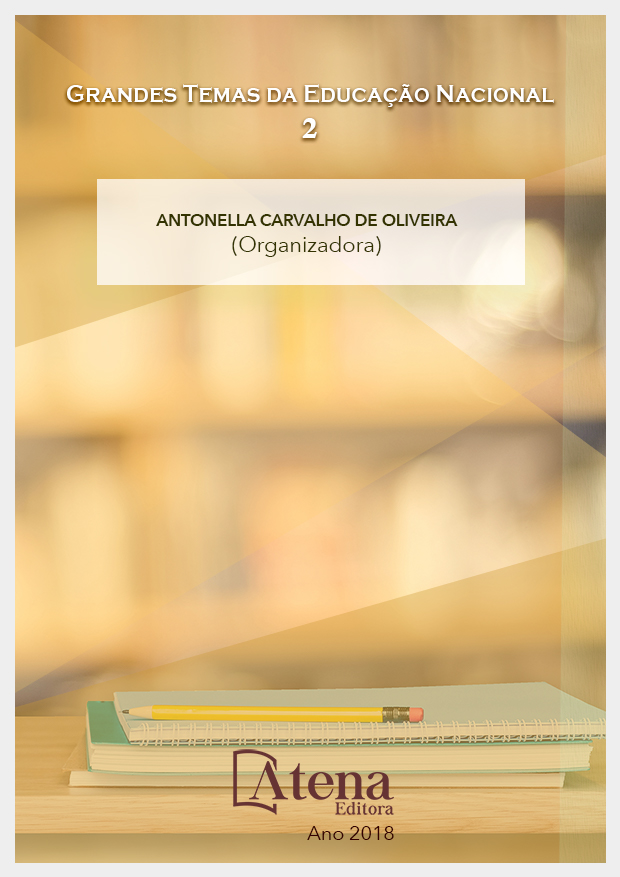
DECOLONIZAÇÃO DO CURRÍCULO E A LEI 10.639/03 DIANTE DA INTERCULTURALIDADE FUNCIONAL ORIENTADA PELAS POLÍTICAS INTERNACIONAIS
O objetivo deste artigo é analisar o
potencial decolonizador da Lei nº 10.639/03, que
insere a obrigatoriedade do ensino de História e
Cultura Africana e Afro-Brasileira na educação
básica. Para tanto, utilizamos o referencial
do Pensamento Decolonial Latino-Americano
para afirmar a necessidade de construir
uma pedagogia decolonial, que considere
os diferentes conhecimentos e culturas em
igualdade de diálogo. No entanto, para analisar
o potencial decolonizador da Lei 10.639/03 é
preciso ainda considerar o âmbito das políticas
educacionais orientadas pelos organismos
internacionais financeiros e multilaterais, cujo
foco é a amenização dos conflitos e não a
transformação da sociedade. Os resultados
apontam que apesar dos impasses, a Lei figura
como importante instrumento para a construção
de uma educação decolonial, pois parte das
reivindicações dos movimentos negros e
afirma a legitimidade dos conhecimentos, da
história e cultura de grupos sociais e culturais
historicamente silenciados.
DECOLONIZAÇÃO DO CURRÍCULO E A LEI 10.639/03 DIANTE DA INTERCULTURALIDADE FUNCIONAL ORIENTADA PELAS POLÍTICAS INTERNACIONAIS
-
DOI: Atena
-
Palavras-chave: Interculturalidade. Movimentos sociais. Decolonização.
-
Keywords: Interculturality. Social movements. Decolonization
-
Abstract:
The object of this study is to
analyse the potential decolonizer of the Law nº
10.639/03, which inserts the obligatory teaching
of African and Afro-Brazilian History and Culture.
For this purpose, we use the referential of Latin
American Decolonial thinking to affirm the
need to construct a decolonial pedagogy, that
considers different knowledge and cultures in
equal dialogue. However, to analyze the potential
decolonizer of the Law 10.639/03 it is also
necessary to consider the scope of educational
policies guided by international financial and
multilateral organizations, whose focus is the
mitigation of conflicts and not the transformation
of society. The results indicate that despite the
impasses, the Law is an important instrument
for the construction of a decolonial education,
as part of the claims of the black movements
and affirms the legitimacy of knowledge, the
history and culture of historically silenced social
and cultural groups.
-
Número de páginas: 15
- Débora Ribeiro


